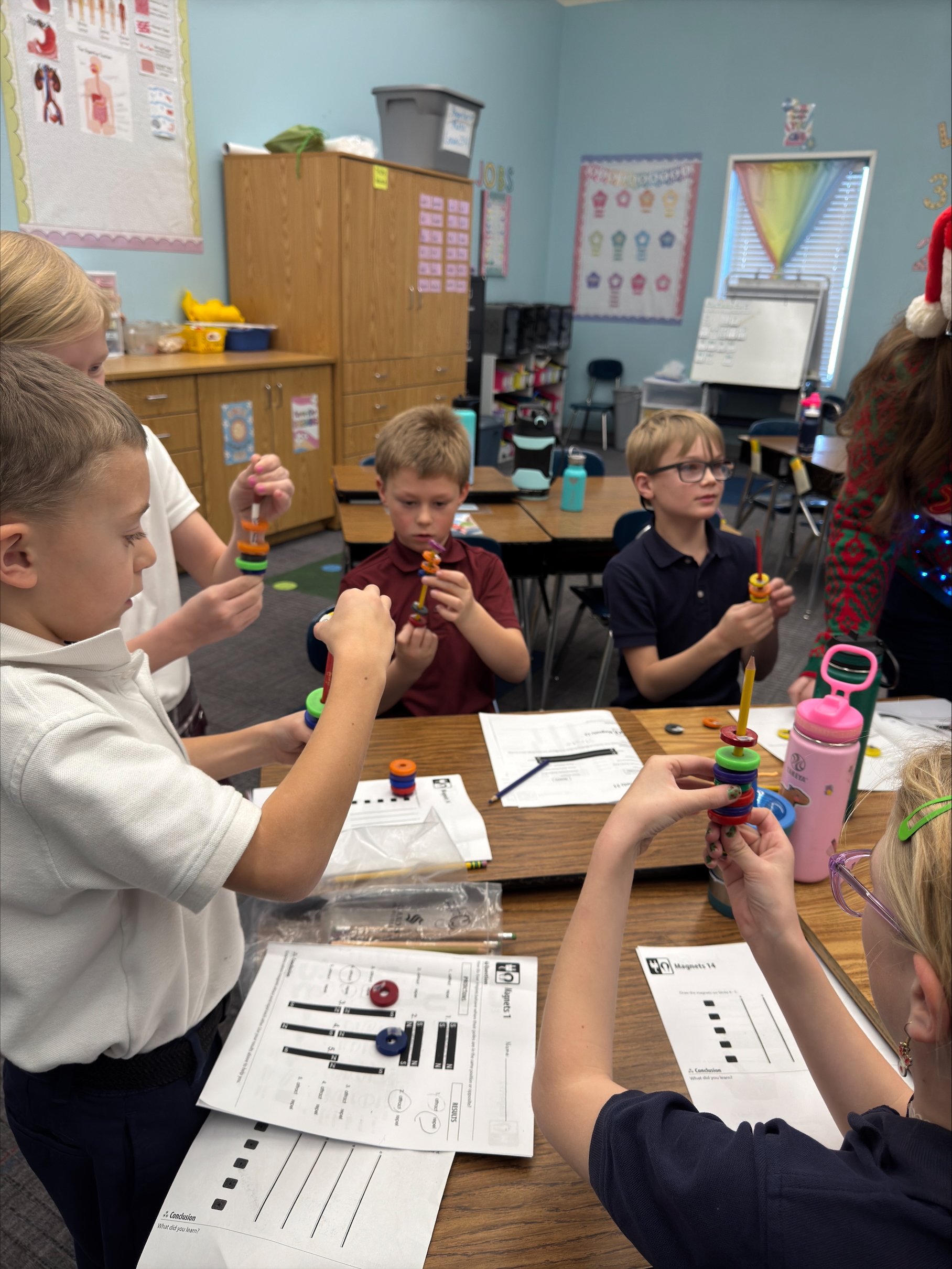
Frequently Asked Questions
Find answers below to commonly asked questions about SRA.
When did the school open?
SRA’s charter was approved in December 2001, and the school opened in August 2002.
Do you provide bus service?
Yes, Albany County School District No. 1 provides transportation for SRA students. Visit the district’s transportation page for more information.
Does SRA provide a school lunch?
Yes, Albany County School District No. 1 provides hot and cold lunch plus milk and juice for a fee. Students who qualify for free or reduced-price lunch based on their family’s annual income may receive lunch at a discounted rate. To find out what’s for lunch or for a free/reduced lunch application, visit the district’s food service page.
Does SRA have any sports teams?
Starting in 6th grade, students may participate in sports at Laramie Middle School. Students can ride a bus from SRA to LMS for some after-school practices and events. Participation fees may apply.
Are SRA teachers certified?
All of our teachers are certified by the Wyoming Professional Teaching Standards Board.
Is there a cost to attend a charter school?
SRA is a tuition-free public school. Like all public schools in the state, our funding comes from the state of Wyoming based on our student population.
Does SRA require students to wear uniforms?
Yes, all students who attend SRA wear the school uniform. Learn more about clothing choices in the student-parent handbook and by reviewing our uniform code.
Why do you teach Spanish at SRA?
All SRA students learn Spanish starting in kindergarten. Research shows that learning a foreign language can increase listening ability, memory, creativity and critical thinking – all of which increase learning in general.
Being exposed to a foreign language also enhances a student’s ability to understand the English language. Finally, foreign language study exposes children to other ways of looking at the world.
What do students learn in character education?
At SRA, we incorporate a character education program into our curriculum by following the core values outlined in the Core Knowledge Sequence. We teach our students about responsibility, diligence, gratitude and other virtues by reading accounts of historical figures, modeling the behavior and recognizing these traits in each other.
We do not incorporate religious beliefs in our teaching of character traits. Rather, we believe positive character traits transcend religion, culture and nationality.

